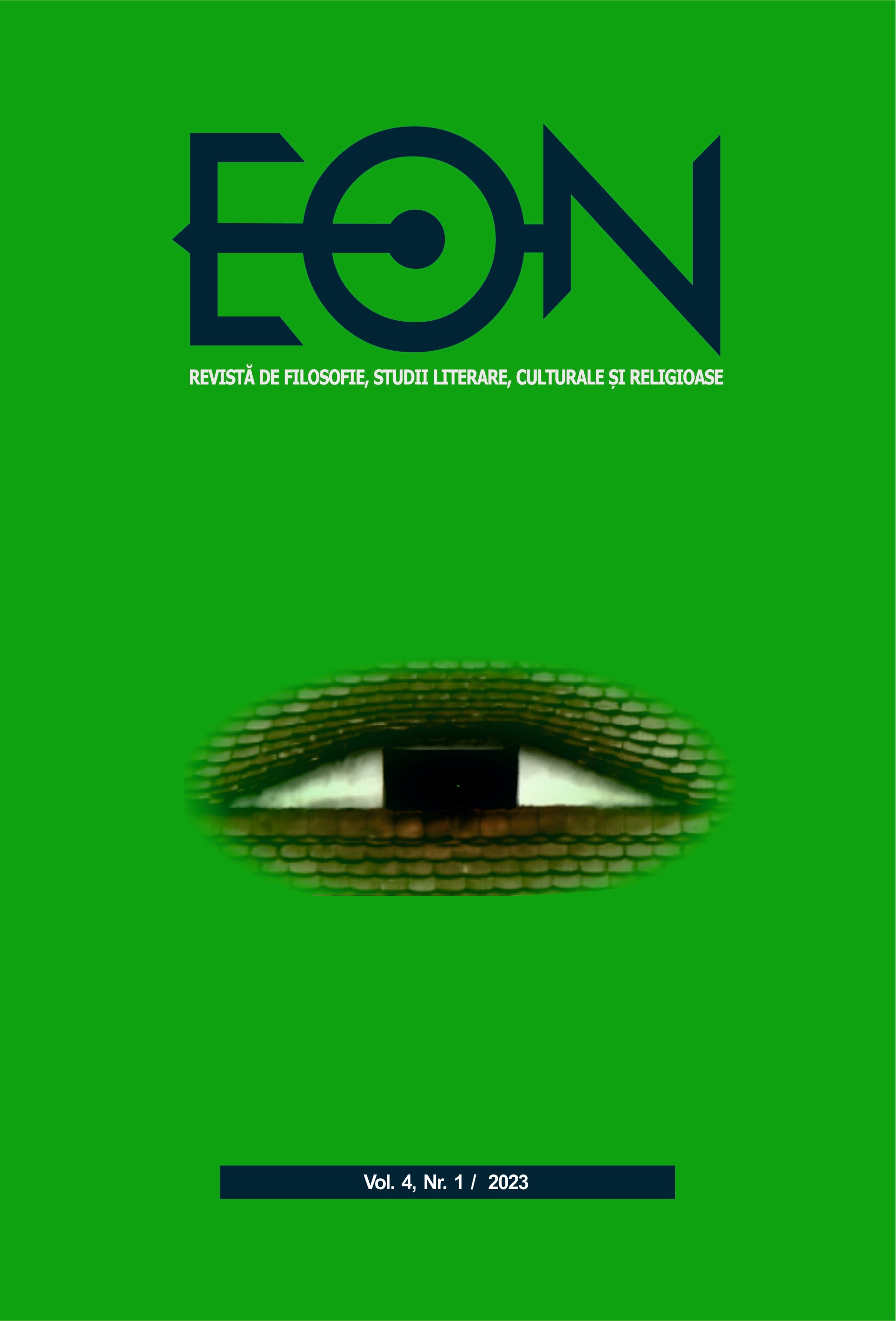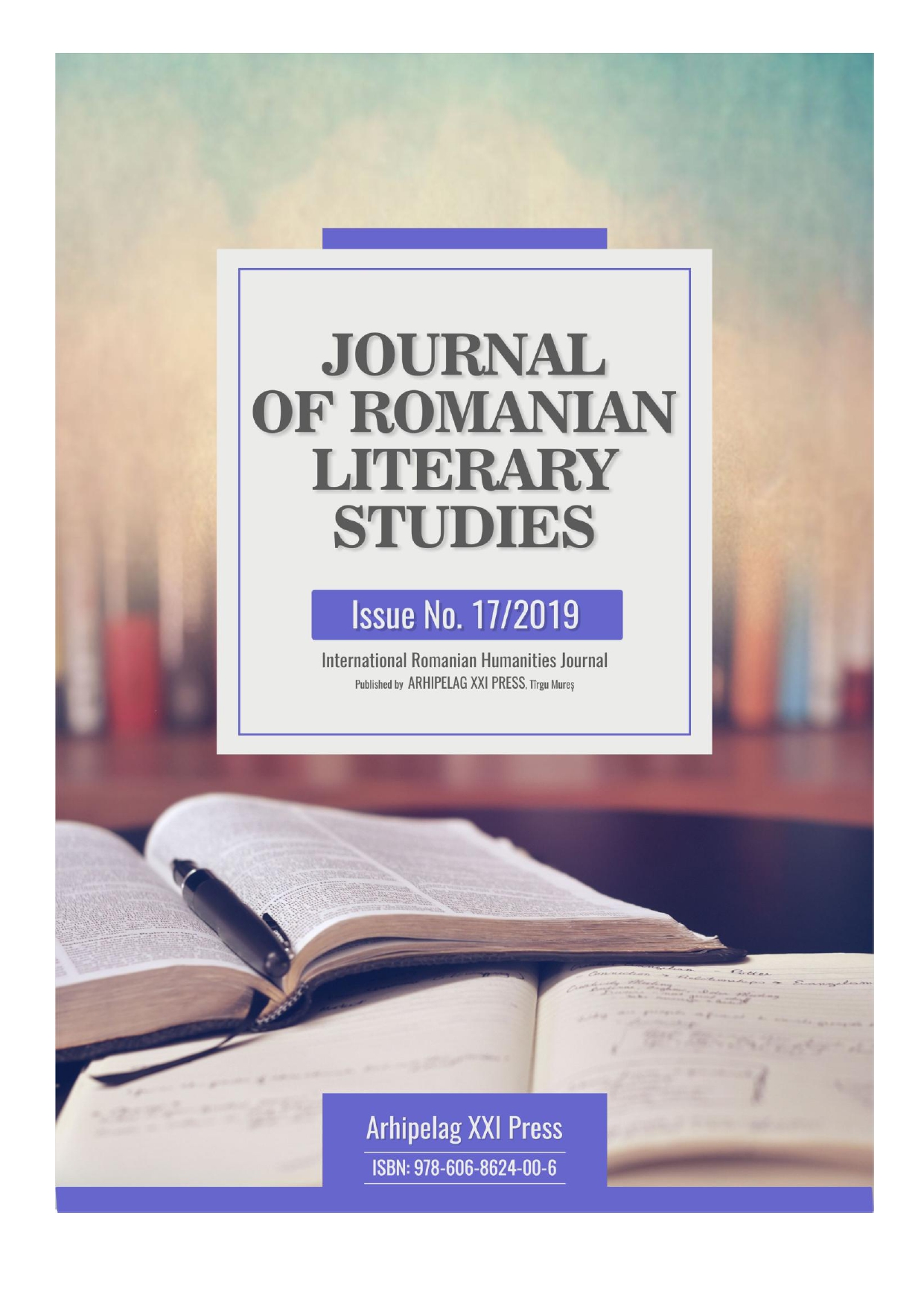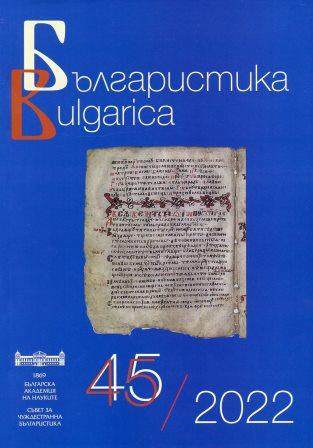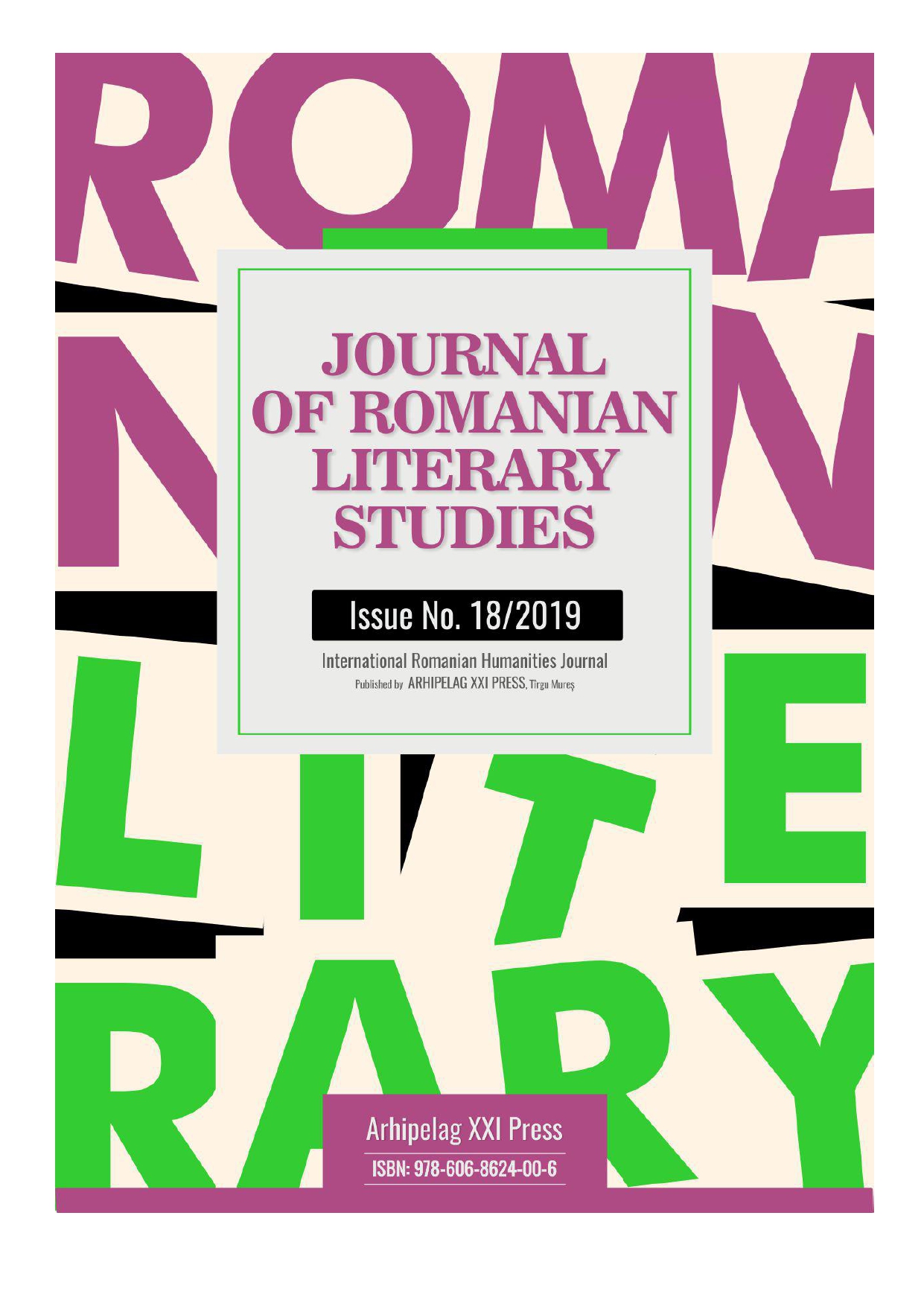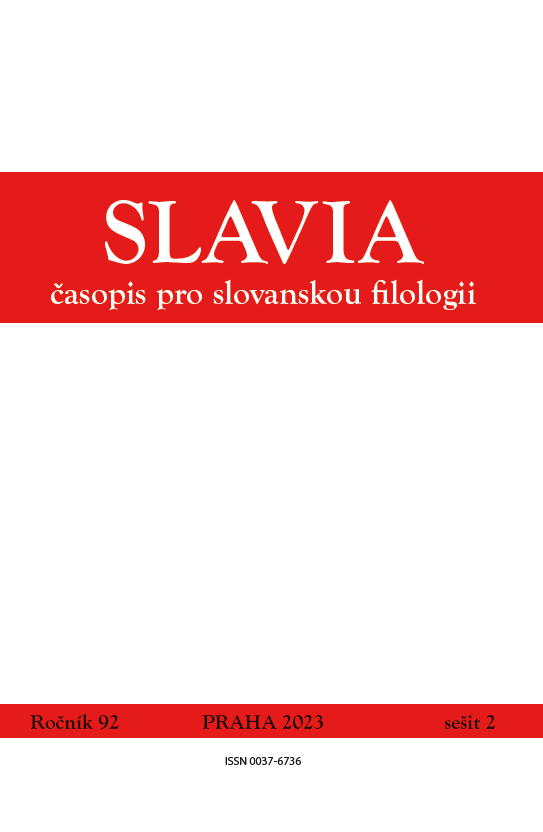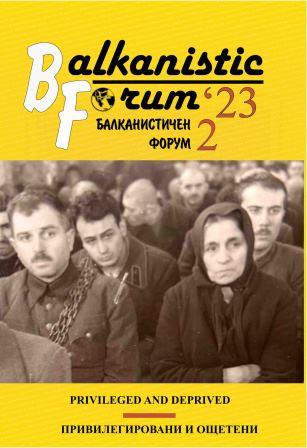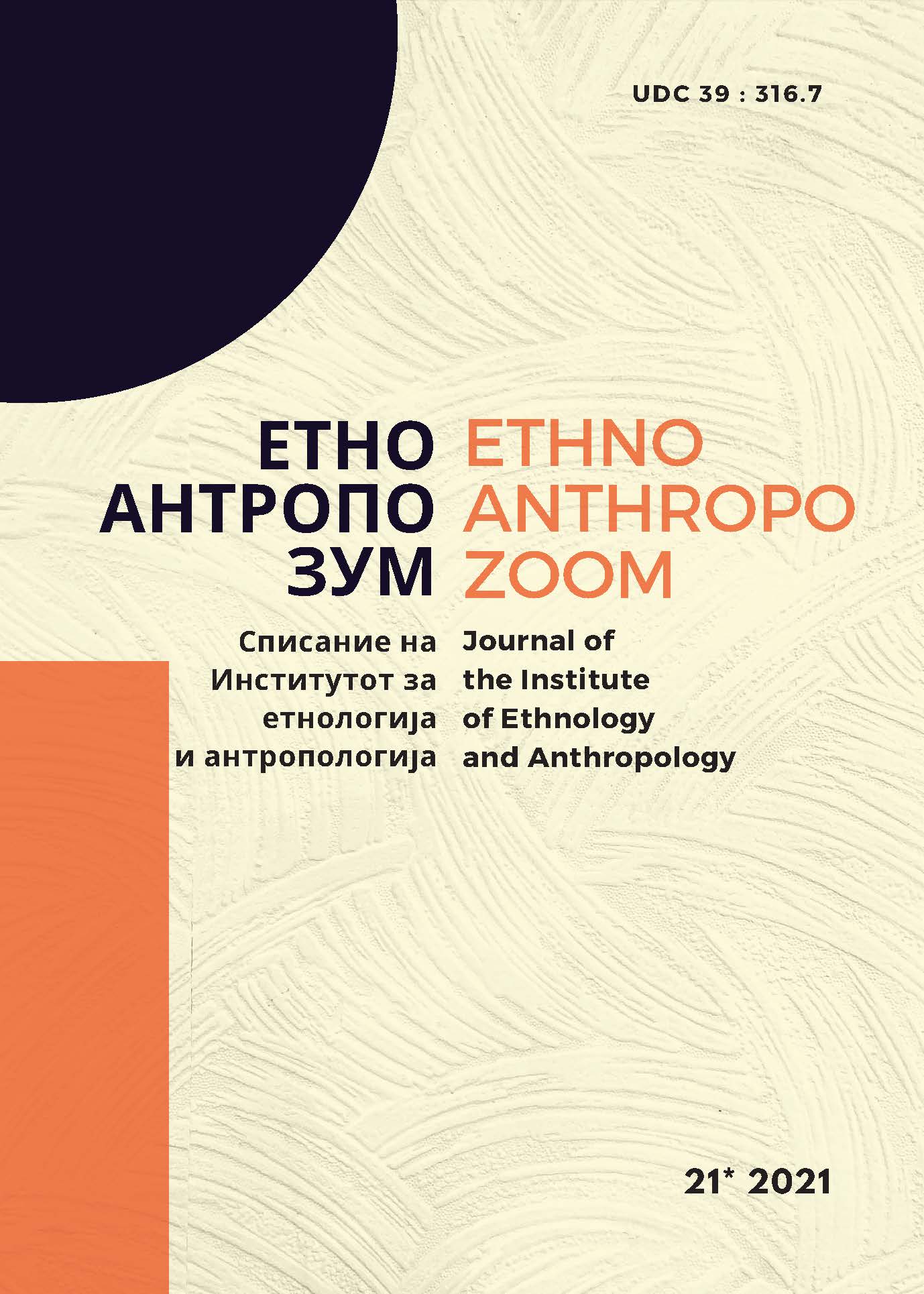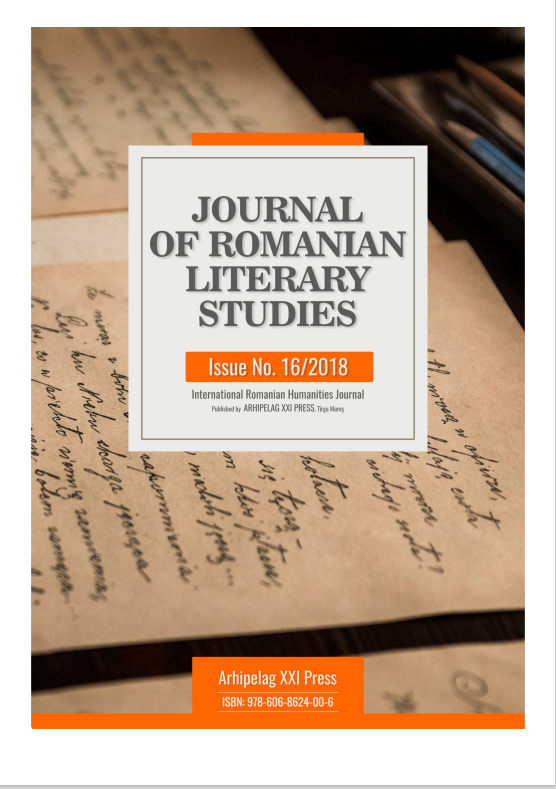
DOUBLE CULTURAL IDENTITY. PANAIT ISTRATI AND SALMAN RUSHDIE
This work is a brief account of its author’s PhD thesis, which will be held and published in October 2020. It synthesises Eliza Biță’s intentions to undertake a rigorous research as to the multiple cultural identities of two authors, a Romanian-born one, Panait Istrati, and an Indian-born one Ŕ Salman Rushdie, whose literary paths are similar up to one particular point, namely the country they finally choose as their homeland: in nuce, both Istrati and Rushdie are born in countries located closer or further to the east than the country in whose language they publish and which appears to be their real homeland. The author exposes here in a few lines her way of reflecting on the matter of multiple identities and selves and of analysing the two writers’ works from this particular point of view their being both Oriental, in feelings, and Occidental, in thought. Relying on previous research from French and Romanian critics and on works written by modern-lifestyle philosophers and sociologists who experienced similar disruptions in their lives and literary expressions, such as Tzvetan Todorov, as well as on modern several narratologists’ studies, Biță concludes such cosmopolitism is inevitable nowadays and will probably become a rule in the future.
More...
